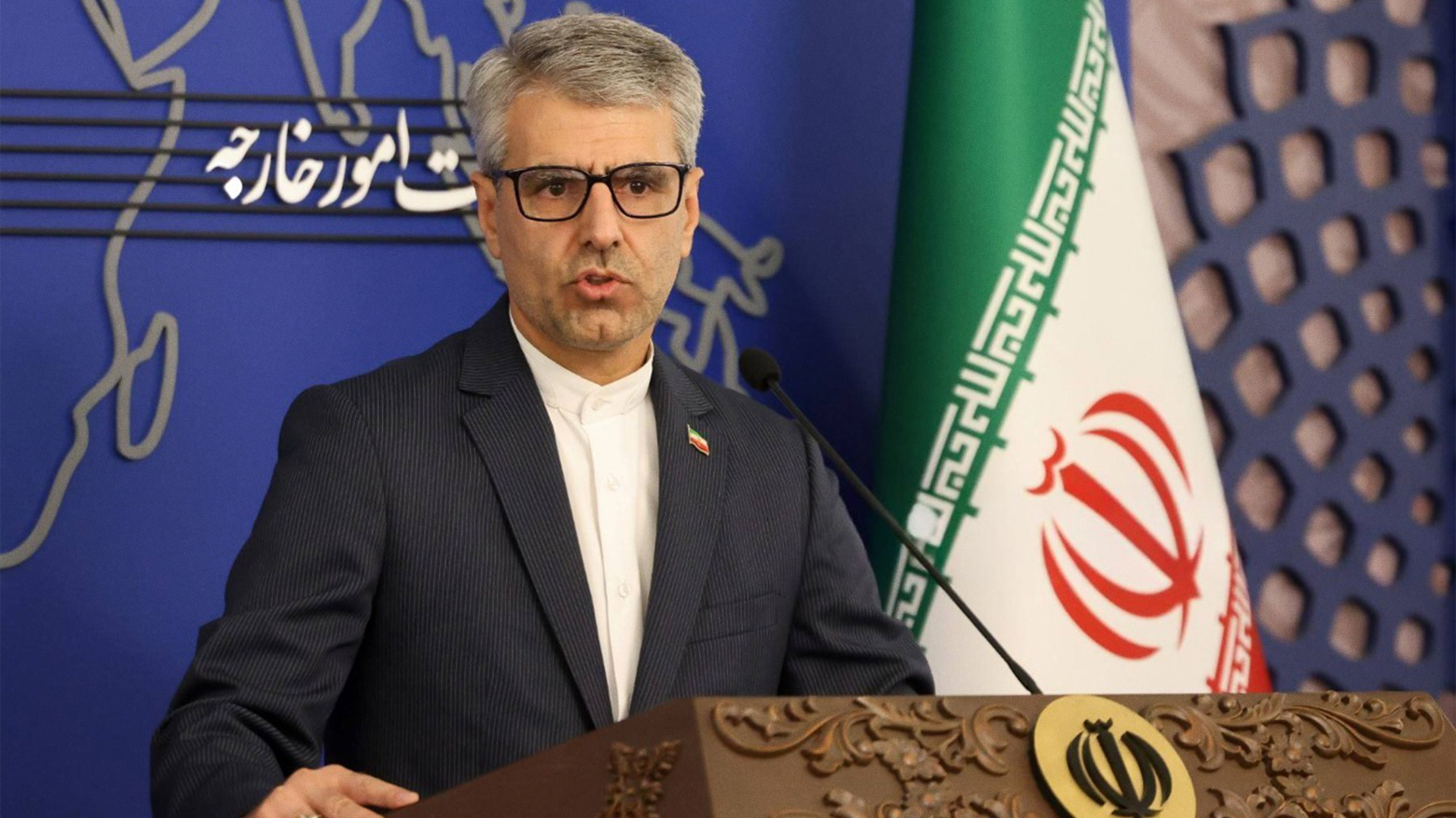Iran Rejects Accusations Behind Australian Ambassador Expulsion, Warns of Diplomatic Response
He emphasized that the Islamic Republic “absolutely rejects” the claims, adding that its officials are currently assessing the situation to determine the appropriate course of action.

ERBIL (Kurdistan24) — Iran has firmly rejected the accusations behind Australia’s decision to expel its ambassador, warning that “any inappropriate and unjustified action at the diplomatic level will result in a countermeasure,” according to Foreign Ministry spokesperson Esmaeil Baqaei.
Speaking during a weekly press conference, Baqaei responded to reports of Australia’s expulsion of Iran’s ambassador, Ahmad Sadeghi, following allegations of Iranian involvement in anti-Semitic attacks on Australian soil. He emphasized that the Islamic Republic “absolutely rejects” the claims, adding that its officials are currently assessing the situation to determine the appropriate course of action.
Baqaei stressed that anti-Semitism has no place in Iran’s culture, history, or religion. “Basically, a concept called anti-Semitism… is a Western and European phenomenon. If you look at history, the persecution of Jews because of their religion is a European issue; and they must be held accountable for their historical past, which has continued to this day,” he said. He accused Australia of projecting its own biases to justify anti-Iranian policies.
The spokesperson also suggested that domestic political developments in Australia may have influenced the decision.
“Over the past two weeks, we have witnessed demonstrations and protests by millions in this country criticizing the killing of Palestinians in the occupied territories. This was one of the few times that some Australian politicians criticized the Zionist regime. It seems that the recent action against Iran… was taken to compensate for the few criticisms that the Australian side had made against the Zionist regime during this period,” Baqaei added.
The remarks highlight escalating tensions between Canberra and Tehran following Australia’s designation of Iran’s Islamic Revolutionary Guard Corps (IRGC) as a terrorist organization and the expulsion of Iranian diplomatic staff. Iran’s foreign ministry statement signals that it may take reciprocal measures, though specific responses have not yet been announced.
The unprecedented expulsion of Iran’s ambassador marks a major escalation in Australia’s diplomatic stance toward Tehran. According to the Australian Security and Intelligence Organization (ASIO), the Islamic Revolutionary Guard Corps (IRGC) orchestrated attacks on Jewish sites in Melbourne and Sydney through a network of intermediaries operating inside the country.
The attempted firebombing of the Adass Israel Synagogue and the attack on Lewis’ Continental Kitchen were described by ASIO Director-General Mike Burgess as a “layer cake of cut-outs,” highlighting the complex coordination linking the incidents directly to Tehran.
Prime Minister Anthony Albanese described the attacks as “extraordinary and dangerous acts of aggression” designed to undermine social cohesion and sow discord within Australia. Foreign Minister Penny Wong emphasized the historic nature of the expulsion, noting that it is the first time a foreign ambassador has been expelled from Canberra since World War II.
In addition to recalling Ambassador Ahmad Sadeghi and three other Iranian officials, Australia plans to suspend its embassy operations in Tehran and is moving forward with legislation to designate the IRGC as a terrorist organization, signaling a firm and unprecedented policy shift.